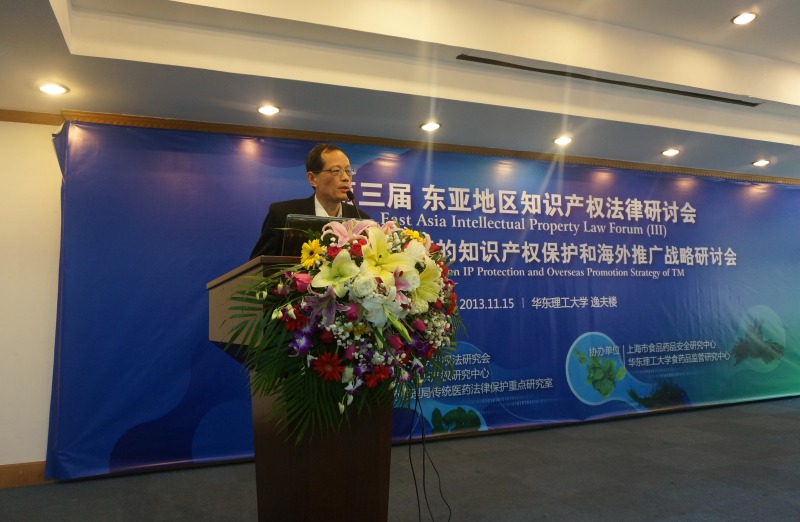DNA barcoding: giving Chinese herbs genetic identity
DNA barcodingis a new technology related to the species identification. By using standardized, short DNA sequences as barcoding, rapid and accurate identification of species could be achieved. Plant DNA barcoding technology plays a key role in the modernization and precision of traditional Chinese medicine with its objective and accurate identification advantages.
Professor Chen’s team put forward the internal transcribed spacer (ITS2) sequence as 2 plant gm DNA barcode for the first time, 10 years later, they completed more than 40000 experiment samples of DNA barcode, created the I.D. for traditional Chinese medicine. They created the first Chinese herbal DNA barcode identification technology system which has been incorporated into the "Chinese pharmacopoeia".
More genome sequencing is under way in recent years. In 2017, the institute of traditional Chinese medicine of the Chinese academy of Chinese medical sciences cooperated with amway (China) plant research and development center to explore the full-length transcriptome genetic information of chrysanthemum by using the latest nanopore sequencing technology, making China the first country in the world to complete the complete genome sequencing of chrysanthemum. In 2018, the results were published in the international top academic journal Molecular Plant. They are developing DNA molecular identification markers for different medicinal chrysanthemum species, which will be completed by the end of 2019, and will play a guiding role in the efficient and accurate screening of chrysanthemum specie in the future.
In general, the research and application of plant DNA barcoding technology in the field of TCM identification will be more extensive and in-depth, the DNA barcoding technology will certainly contribute to the development of TCM modernization.
Source: http://xh.xhby.net/mp3/pc/c/201910/09/c693703.html
Time: 2019.10.09
next:The development status of transgenic insect-resistant crops in China


